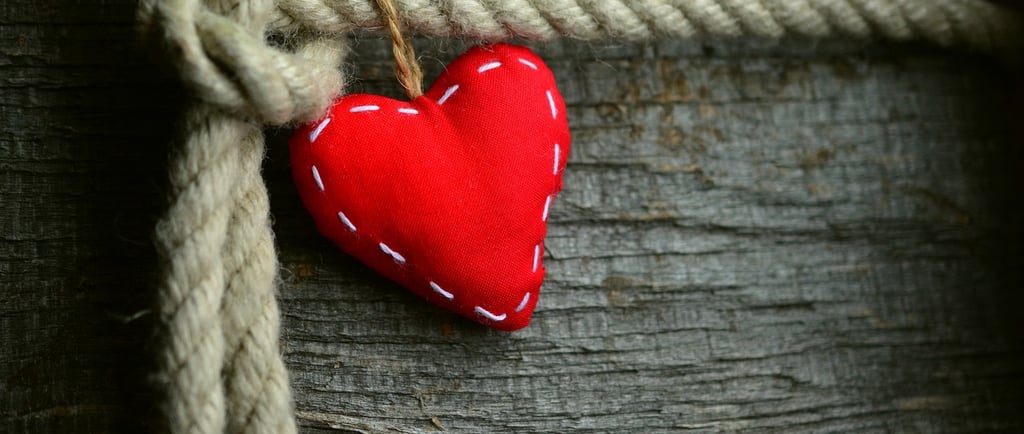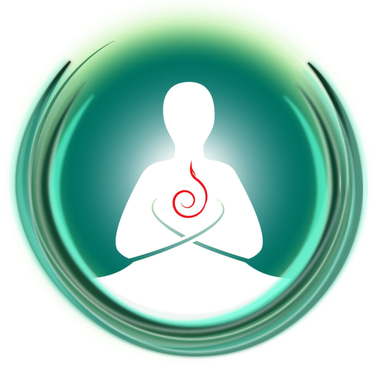Are we missing the boat on love? Part 2
Humans long to share love. We crave love more than anything else, but we're not very good at it.
CLZúñiga
7/5/20212 min read


Humans tell themselves all kinds of funky stories about love and then believe the stories to be true, blaming love for our pain. Yet most of what we tell ourselves about love isn't true because it's a fabrication of our conditioned mind, and the data in our conditioned mind is imbedded with lots of distortions.
Love itself in its purest, most genuine expression doesn't generate pain for pain's sake. It has no attachments to form or structure. It is unconditional and unbiased. And it doesn't have to be earned. It is simply and freely shared.
Where we often get into trouble in love is by attempting to control its form and structure by attaching our desires to it. By doing so, we lock it into a specific look and feel when love by its very nature is free as a breeze. This inadvertently thwarts the flow of the very kind of love we crave.
Part of the struggle around genuine loving is that we 1) aren't very good at it, 2) misunderstand it, and 3) try to control it. Let's unpack these.
1. Humans aren't very good at love because we've been conditioned to protect ourselves from pain. Love doesn't generate pain for pain's sake, but humans don't mature without experiencing things that challenge our conditioning to open our hearts. By trying to avoid pain, we often cut ourselves off from the very opportunities that would allow us to mature and rise out of suffering. This leaves us stuck in the same old conditioned default patterns that keep our suffering active.
2. We misunderstand love because we've forgotten that love is our essence, our true nature. We are born of love and are made of love. It dwells within us from the moment we are conceived. But we forget this and believe we must seek for love outside of ourselves. In reality, we don't have to seek for love because we don't lack for love. We must remember that we already are love. All we have to do is learn how to access it inside and share it in a pure way...not such an easy task for us lowly humans.
3. We try to control love because we aren't very good at it, we misunderstand it, and then we blame it for our pain and suffering. Trying to control the flow and structure of love distorts it. Then it isn't pure love anymore, it's fear. Pure love arises naturally, is unbiased, is unconditional, is freely shared and is infinitely available to us. We just don't "get" this yet, so what we end up experiencing instead is a conditioned version of love that flows out of our fear instead of our heart. When we base our thoughts, words and actions in our subconscious fears, we are destined to create suffering.
So how do we get ourselves back to a more pure state of loving? This is the big question, right? We all yearn for a sense of love and belonging that's easy and fulfilling. It's a primal, basic need. And as so many spiritual teachers have said, it starts with embracing ourselves in pure love. This is absolute and is why self-love is a central focus of most interpersonal work.
Why is self-love so hard for humans? Before we go there, let's answer a question that comes up regularly when we talk about love. It has to do with being a doormat. Pop on over to PART 3 to read about it.
CZ Mentoring, LLC
Transforming lives through unique and female-centric coaching solutions.
Subscribe to my occasional email for insights, updates and community.
© 2010-PRESENT. CZ Mentoring, LLC. All rights reserved.
reach out: Drop me a line to connect.
No spam. No lists. Always private.
